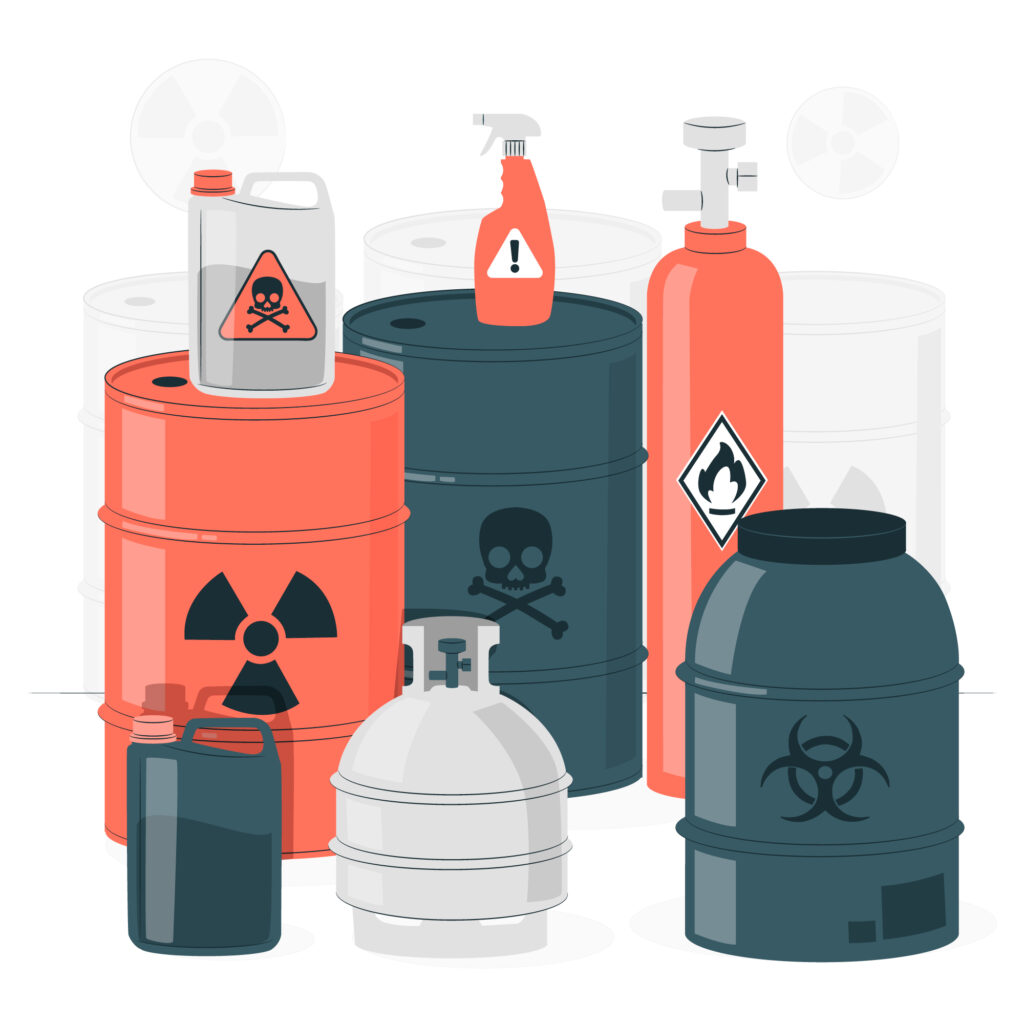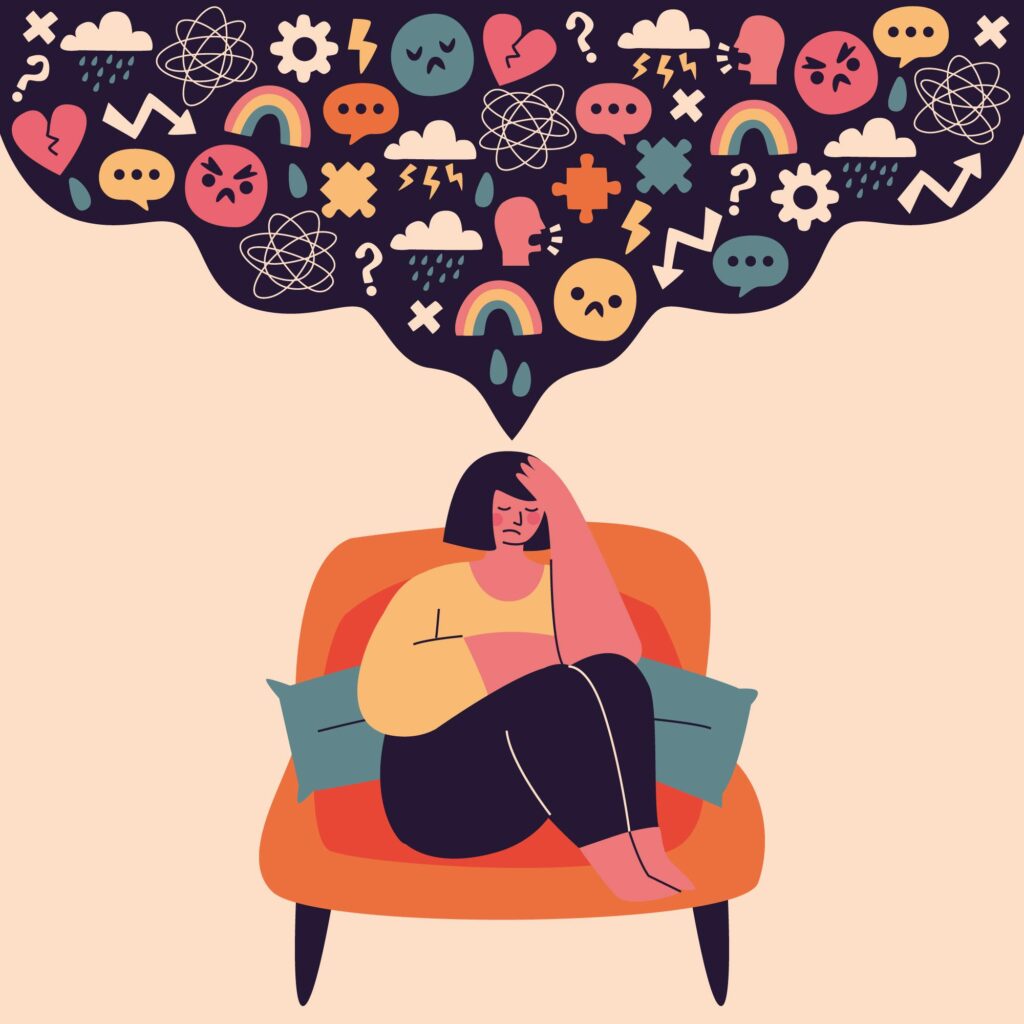What are Stressors?
Stressors are factors that kick the body out of homeostasis, creating disorder within the body.
✓ Toxin exposures
✓ Traumatic events
✓ mental burdens



Toxin Exposures:
Toxins exposure is a part of daily life for all of us. The food we eat, the water we drink, and even the air we breathe can expose us to toxins, even if we think we are doing our best. Taking prescription drugs, using beauty products, soaps, shampoos, and cleaning products all can expose us to toxins. Other toxins you may not think about are inflammatory foods , such as sugar, dairy, and wheat. We can’t avoid everything, yet we can still be aware of what is out there so we can make informed choices to reduce the load our body must deal with. It all adds up so let’s keep the numbers down.
Some of you may realize already that our bodies “naturally detoxify.” And as much as we would like to believe that our body has everything under control, it can only do so much before the burden becomes too great. Toxins accumulate when the detoxification processes cannot keep up with the production of cellular wastes or the re-absorption of toxins within the intestines. We know when the garbage can has become too full because it is creating a stink in the kitchen. The same is true in our bodies. Sometimes we need to help the garbage load by taking it out to the curb for the sanitation department to pick up. We can’t avoid all toxins so reducing exposures and properly eliminating them are extremely important.
Hidden Toxins
Xenoestrogens: Exposure to xenoestrogens is very common in today’s modern society. Xenoestrogens are synthetic chemicals that mimic estrogen and disrupt the body’s normal hormonal functions. They do so by binding to the estrogen receptors in the body. Common xenoestrogens are BPA, phthalates, and parabens. These chemicals are found in plastics, household cleaning products, dryer sheets, cookware, food, and beauty products. Because our exposure is so widespread, it is likely that each of us has a build up in our body. How we manage that build-up will determine if the toxins have a chance to do real harm. Too many xenoestrogens can lead to many types of cancers such as breast, testicular, pancreatic, and brain.
Mold: Another common toxin is mold. It’s not just Black mold that you may find in your shower, but also the mold that produce aflatoxins that hide in your creamy peanut butter or your corn and rice products. Mold can be extremely toxic for many people. It is silent threat that causes inflammation, hormone imbalance, and immunity issues. Unfortunately, when someone has chronic exposure, it can be hard to pinpoint that mold is doing the damage. Since this toxin suppresses the immune system, it can trigger other illnesses and that becomes the focus. That is why it is important to find mold and eliminate it. Unfortunately for many people, they find that the culprit is right where they feel the safest – home. If a person ignores the mold because they can’t afford to move or clean it properly, they risk continuous exposure which may lead to more serious illnesses, like cancer or autoimmune disorders. We can now test for mold exposures. However, it is still up to each person to pinpoint their exposure sources.
Pesticides: By now, most people have heard that pesticide exposure is hazardous to our health. Yet, millions of people still choose to spray weeds with Round Up or apply DEET-laden mosquito repellent on their skin. Furthermore, humans ingest pesticides every time they go out to eat at a non-organic restaurant. The highest exposures are on The Dirty Dozen fruits and vegetables. Those are ones with a tender skin, such as strawberries, kale, lettuces, and anything that can’t be peeled before eating. You can reduce the amount of exposure by soaking fruits and veggies in baking soda first. However, you can’t wash enough pesticides off a raspberry without making it a soggy mess because most of the chemical has soaked deep into the fruit’s flesh. So once again, the body must fight to eliminate these toxins while also trying to absorb the vitamins and minerals in the food!
Heavy Metals: Heavy metals cause harm to enzymes, DNA, membrane lipids, mitochondria, and can lead to organ system damage or mimic other disease states. We know about lead in paint, but did you know that you are exposed to mercury in your amalgam fillings every time you chew or drink a hot beverage? Also, you are getting a dose of arsenic in every bowl of rice or a hit of cadmium in that morning bowl of processed cereal? It is impossible to avoid all heavy metals. The best we can do is reduce our exposure and assist our body to eliminate them safely.
Traumatic Events:
A traumatic event is anything that creates physical stress on the body. For example, if you ran away from a wild animal that was chasing you, what would happen to your heart rate? It would go up. In addition, cortisol makes your blood sugar rises to give you energy to run. If you did a blood draw at that very moment, the results would indicate that you are sick. But, what is your body really doing? It is responding to physical stress. Your body isn’t sick, it is compensating for a stressor.
Everyone experiences physical stressors. There is no way to avoid it completely unless you live in a bubble and meditate all day. But, even that would affect your body at some point.
Physical trauma does not have to be severe to have an impact. When you remove that trauma, you leave room for the body to heal. That’s why Chiropractic care may be necessary to help clear that physical trauma so the body can focus on healing. Although Renew Health doesn’t do adjustments, I may refer you for a consultation if physical trauma is evident.
Here’s another example. Let’s say you left your winter jacket at home because it was warm when you left for work. But, when you are ready to go home, the temperatures dropped 30 degrees so it’s just above freezing outside and you have to walk home. If you live a mile or more from home, you’d be pretty chilly. Your body would send blood to your internal organs and your skin temperatures would drop significantly. If you stayed out there long enough, you could get frost bite on your fingers and toes. That is just your body fighting to save the most important parts. It is just doing what it needs to do to survive. The body is always doing things that may not seem helpful in order to preserve life for as long as possible. We must support the body by making choices that help it to do its job without sacrificing anything.
Mental Burdens:
Mental burdens are the emotions we experience when we feel overwhelmed with responsibilities, worried about something we can’t control, or even disappointment from expectations we put on ourselves or others. You probably already know that you can increase your heart rate, blood pressure, and shut down your digestion just by thinking about something stressful.
If we think about something for too long, we will even affect our sleep. Not sleeping then affects all sorts of functions in the body and even makes us worry more! It’s a vicious cycle that many people endure day after day.
Reducing mental stress is crucial because it can impact every system in the body, and when one system stops functioning well, others can follow. For example, when worry puts your body into fight or flight mode, it can affect your stomach’s acid production, making it difficult for you to digest the food you eat. This can lead to acid reflux, colon inflammation and hormone imbalances.
Once again though, your body is just trying to compensate for its survival. It thinks you need to run for your life so it reacts in the same way it did when you had to escape that dog chasing you. Eventually, the stress decreases after you have outrun the dog so your body can return to rest and digest mode. However, mental stress can remain constant and you never get back to a calm state.
Mental stress can make you extremely sick. In fact, mental stress is one of the main reasons people seek professional help. Learning to manage it is one of the quickest ways you can help your body. Just taking a few minutes every day to meditate and take deep breaths can reduce cortisol levels faster than taking a pill. Staying in a state of happiness, love, and gratitude will support your body a hundred times more than any drug can. In fact, healing chemicals are released in our brain when we smile or when we snuggle our pets. Enjoy something every chance you get because your life depends on it.